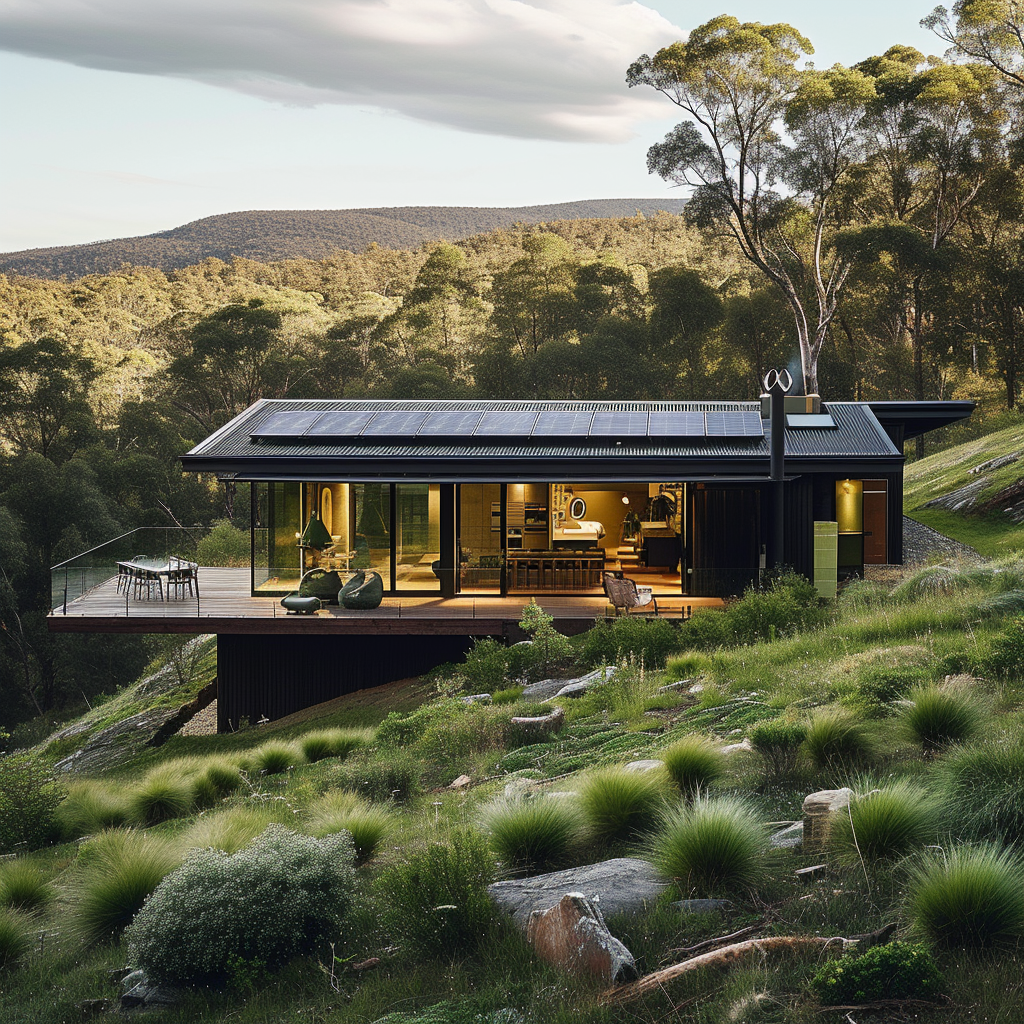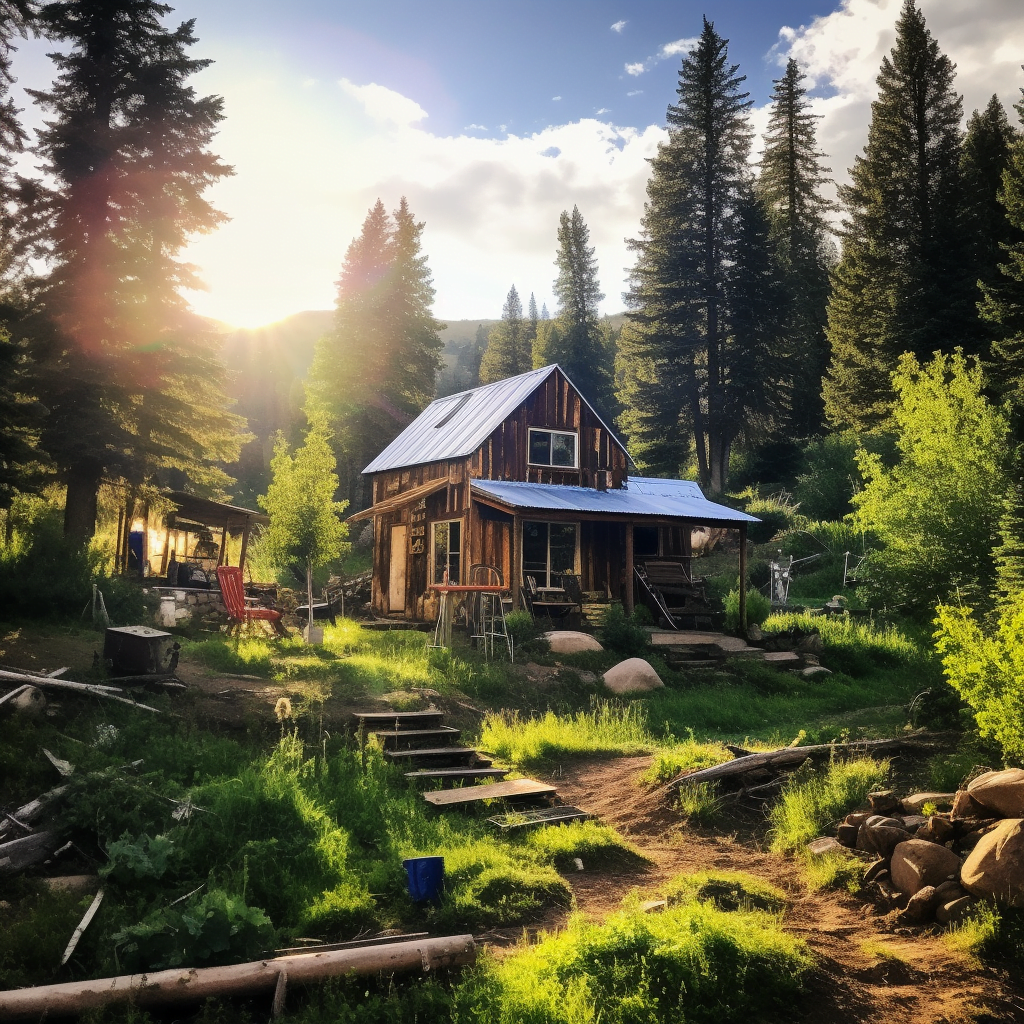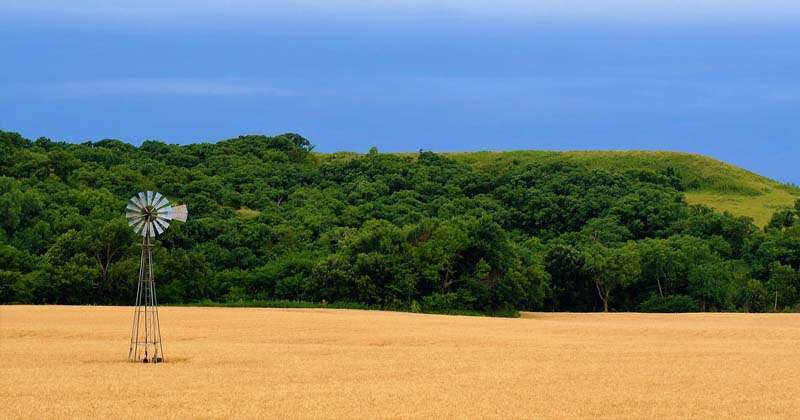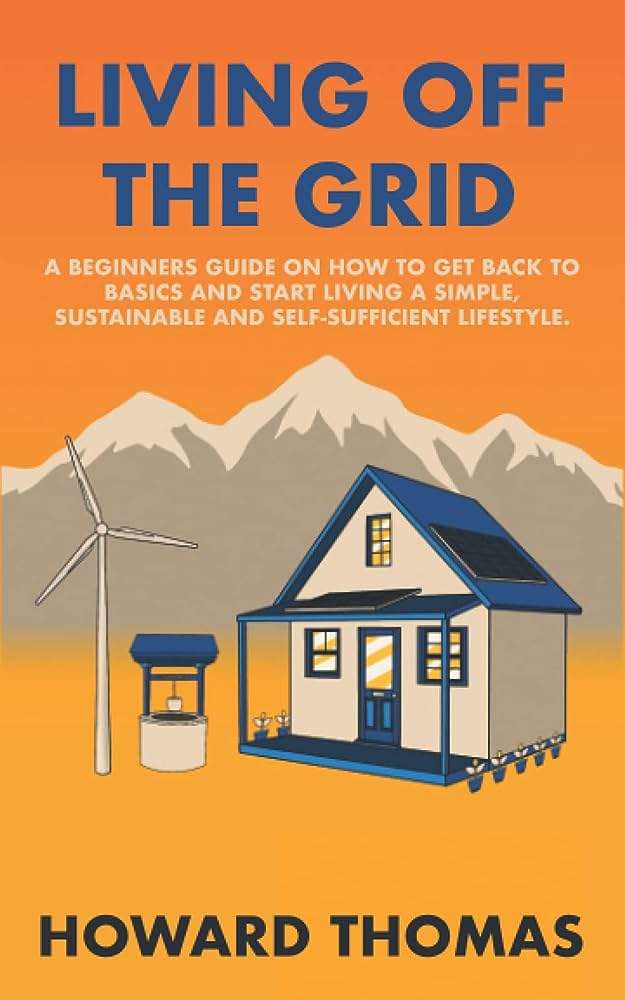So, I’ve been wondering lately can You Rent Or Lease An Off-grid Property. You know, those properties that are completely detached from the traditional infrastructure and operate independently with their own energy sources and water systems. It sounds pretty intriguing, right? I mean, who wouldn’t want to experience the freedom and self-sufficiency that comes with living off the grid? Well, I did some digging, and it turns out that renting or leasing an off-grid property is indeed a possibility. Let me tell you all about it.
Advantages of Renting or Leasing an Off-grid Property
Cost Savings
Renting or leasing an off-grid property can offer significant cost savings compared to traditional homes connected to the grid. Off-grid properties often rely on renewable energy sources, such as solar panels or wind turbines, which can reduce or eliminate monthly utility bills. Additionally, off-grid properties typically have smaller footprints and lower maintenance costs, resulting in overall lower expenses.
Environmental Benefits
One of the major advantages of renting or leasing an off-grid property is the positive impact on the environment. By relying on renewable energy sources, off-grid properties greatly reduce carbon emissions and help combat climate change. In addition, off-grid living encourages sustainable practices such as water conservation and waste management, promoting a greener lifestyle.
Flexibility and Mobility
Renting or leasing an off-grid property offers a unique level of flexibility and mobility. Unlike traditional homeownership, which ties you down to a specific location, off-grid properties allow you to easily move and explore different areas. Whether you’re seeking a temporary retreat or an adventurous lifestyle, renting or leasing an off-grid property provides the freedom to adapt and change your surroundings as desired.
Unique Lifestyle Experience
Living off-grid provides an opportunity for a truly unique and fulfilling lifestyle experience. Away from the hustle and bustle of urban areas, off-grid properties offer peace, tranquility, and a closer connection to nature. From stargazing without light pollution to experiencing the sounds of wildlife, living off-grid can bring a sense of fulfillment and a chance to live in harmony with the natural world.
Considerations for Renting or Leasing an Off-grid Property
Location and Accessibility
When considering renting or leasing an off-grid property, it is crucial to evaluate the location and accessibility. Some off-grid properties may be situated in remote areas, making it challenging to access essential services and amenities. Consider factors such as distance to grocery stores, medical facilities, and transportation options to ensure convenience and ease of living.
Essential Amenities
Before renting or leasing an off-grid property, determine if the property provides the necessary amenities for your lifestyle needs. While some off-grid properties may offer basic amenities such as electricity and running water, others may require you to rely on alternative sources such as solar power or rainwater harvesting. Assess your requirements for amenities such as heating, cooling, and internet connectivity to ensure the property meets your needs.
Off-grid Infrastructure
Evaluate the off-grid infrastructure of the property you are considering. Check the condition and functionality of renewable energy systems, water storage and filtration systems, and waste management systems. Ensuring that the property’s off-grid infrastructure is in good working order is essential for a comfortable and sustainable living experience.
Maintenance and Self-sufficiency
Renting or leasing an off-grid property requires a certain level of self-sufficiency and responsibility for maintenance. Consider your ability and willingness to maintain the property’s renewable energy systems, water systems, and waste management systems. Off-grid living often requires individuals to actively participate in maintaining and troubleshooting these systems, so it is essential to be prepared for the associated responsibilities.
Legal and Regulatory Compliance
Before entering into a rental or lease agreement for an off-grid property, ensure that the property is compliant with local laws and regulations. Some areas may have specific requirements for off-grid properties, such as permits for installing renewable energy systems or regulations for waste disposal. Familiarize yourself with the legal and regulatory obligations to ensure a smooth and lawful living experience.
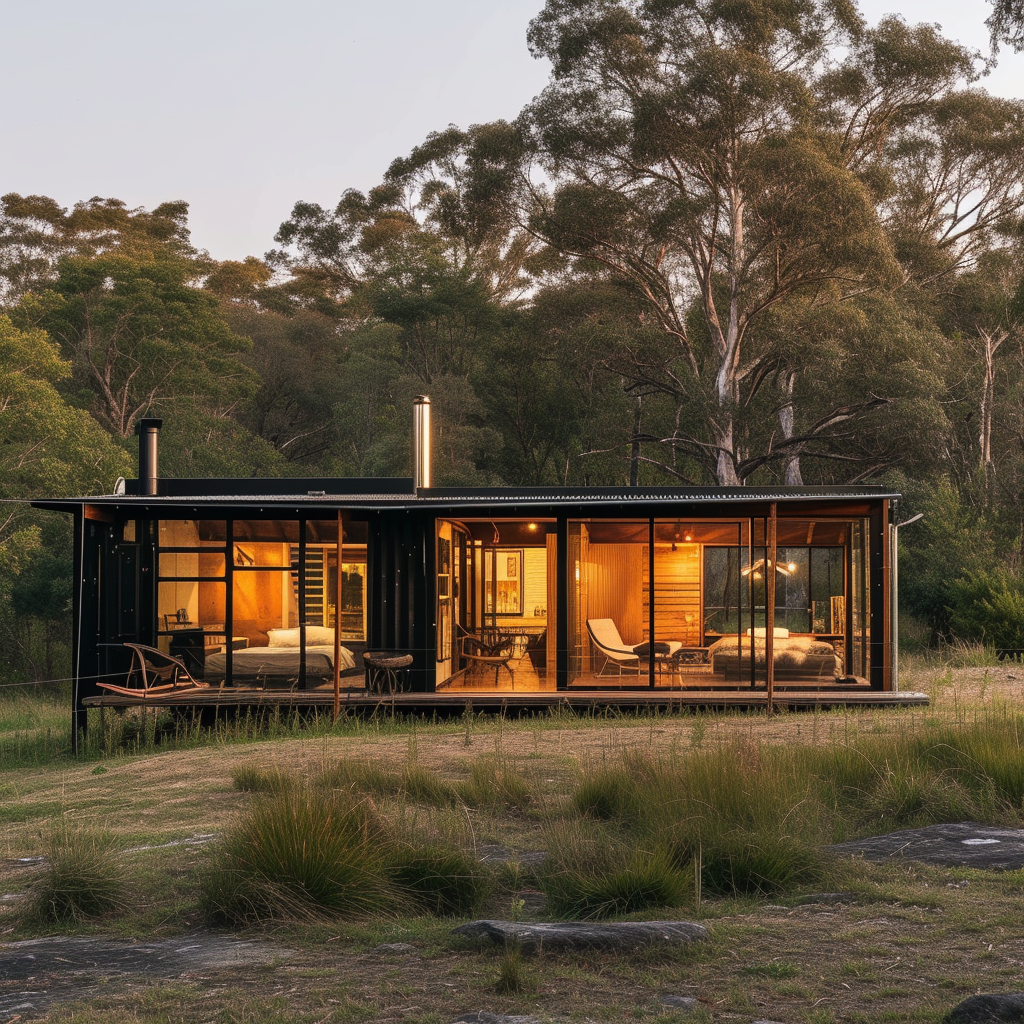
Tips for Finding Off-grid Rental or Lease Properties
Engage with Off-grid Communities
To find off-grid rental or lease properties, engage with off-grid communities and online forums. Connect with individuals who are already living off-grid and seek their advice and recommendations. Off-grid communities can provide valuable insights into available properties and share their experiences to help you find the perfect off-grid rental or lease option.
Utilize Online Platforms and Listings
Online platforms and listings specifically cater to off-grid property rentals or leases. Utilize these platforms to search for available properties, filter your search based on location and amenities, and connect with property owners or managers. These platforms often provide detailed property descriptions, photos, and contact information, making it easier to explore your options and narrow down your choices.
Work with Real Estate Agents
Consider working with real estate agents who specialize in off-grid properties. These professionals are knowledgeable about the unique requirements of off-grid living and can guide you through the rental or lease process. Real estate agents can provide expert advice, negotiate contracts, and assist in finding off-grid properties that align with your needs and preferences.
Network through Alternative Energy Organizations
Alternative energy organizations or associations often have resources and networks dedicated to off-grid living. Attend their events, join their online communities, and network with individuals who share the same interest in off-grid living. These connections can lead to valuable information and potential leads on off-grid rental or lease properties.
Attend Sustainable Living Events and Conferences
Sustainable living events and conferences are excellent opportunities to learn about off-grid living and connect with like-minded individuals. Attend these events to gain insights into off-grid rental or lease properties and engage with professionals in the sustainable living industry. Networking at these events can open doors to finding off-grid rental or lease options that may not be readily available through traditional channels.
Understanding Off-grid Rental and Lease Agreements
Renting or leasing an off-grid property involves understanding the terms and conditions outlined in the rental or lease agreement. Here are some key considerations:
Length of Agreement
Consider the length of the rental or lease agreement that best suits your needs. Short-term agreements provide flexibility for temporary living arrangements, while long-term agreements offer stability and security. Evaluate your lifestyle plans and goals to determine the most suitable length of the agreement.
Rent and Lease Prices
Determine the rental or lease prices for off-grid properties in the desired location. Off-grid properties’ prices can vary depending on factors such as location, amenities, and the condition of the infrastructure. Research the market rates and compare different properties to ensure you are getting a fair deal.
Security Deposits and Fees
Understand the security deposit requirements and any additional fees associated with renting or leasing an off-grid property. Security deposits are typically refundable, with deductions made for damages beyond normal wear and tear. Familiarize yourself with any other fees, such as application fees or utilities.
Liability and Insurance
Review the liability and insurance aspects of the rental or lease agreement. Clarify who is responsible for maintenance and repairs, and ensure that both parties have appropriate insurance coverage. It is advisable to consult with an insurance professional to understand the coverage needed for off-grid properties.
Responsibilities of the Landlord and Tenant
Ensure that the rental or lease agreement clearly outlines the responsibilities of both the landlord and the tenant. This includes maintenance of the property, handling of utilities, and adherence to any specific rules or regulations. Understanding these responsibilities beforehand will help establish a harmonious living arrangement.
Off-grid Rental and Lease Considerations for Tenant
Energy and Water Sources
As a tenant of an off-grid property, familiarize yourself with the energy and water sources available. Understand how to operate renewable energy systems, monitor power usage, and optimize energy efficiency. Similarly, learn about the water sources, storage, and filtration systems to ensure a reliable supply of clean water.
Waste Management
Off-grid properties often rely on sustainable waste management practices. Familiarize yourself with how waste should be disposed of or recycled according to the property’s guidelines. Practice responsible waste management to minimize your environmental impact and maintain the cleanliness of the property.
Internet and Communication
Inquire about the internet and communication options available in the off-grid property. Some properties may have limited or no internet connectivity, requiring alternative communication methods. Consider your communication needs and explore available options such as satellite internet or cellular data plans.
Transportation and Access
Evaluate transportation options and accessibility to essential services from the off-grid property. Determine whether reliable transportation is available or if you need to arrange for your own transportation. Additionally, consider the proximity to medical facilities, grocery stores, and other amenities necessary for your daily life.
Emergency and Safety Measures
Understanding emergency and safety measures is essential when living off-grid. Familiarize yourself with emergency protocols for power outages, water system failures, and any other potential risks. Ensure that the property has adequate safety features such as fire extinguishers, smoke detectors, and emergency contact information prominently displayed.
Ownership Options for Off-grid Properties
Purchasing an Existing Off-grid Property
For those seeking long-term off-grid living, purchasing an existing off-grid property may be a viable option. Research the market for available off-grid properties, evaluate their condition and amenities, and work with a real estate agent specializing in off-grid properties to navigate the purchasing process.
Developing Your Own Off-grid Property
Developing your own off-grid property allows you to customize the design and features according to your specific needs. This option requires extensive planning, including acquiring land, obtaining necessary permits, designing the off-grid infrastructure, and managing construction. It is essential to consult with professionals, such as architects and engineers, to ensure a successful development process.
Cooperative or Shared Off-grid Communities
Cooperative or shared off-grid communities offer a unique ownership option for individuals interested in off-grid living but who may not want the responsibility of purchasing or developing their own property. In these communities, individuals come together to own and manage a property collectively, sharing the costs, responsibilities, and benefits of off-grid living.
Proper Maintenance of Off-grid Rental or Lease Properties
Regular System Inspection and Maintenance
Regularly inspect and maintain the renewable energy systems, water systems, and waste management systems of the off-grid rental or lease property. This includes cleaning solar panels, checking battery storage, monitoring water levels, and ensuring proper functioning of waste disposal systems. Regular maintenance helps prevent costly repairs and ensures optimal performance.
Backup Power and Storage
Off-grid properties often rely on backup power systems to ensure continuous electricity supply. Familiarize yourself with the backup power system and understand how to properly operate and maintain it. Regularly check the storage capacity and condition of batteries or other backup power sources.
Efficient Water Systems
Efficient water systems are crucial for off-grid living. Monitor water usage, promptly repair any leaks, and optimize water conservation practices. Regularly maintain water storage tanks, filters, and pumps to ensure a reliable and clean water supply.
Waste Disposal and Recycling
Adhere to the waste disposal and recycling guidelines set by the off-grid rental or lease property. Properly segregate and dispose of waste materials, ensuring recyclables are separated from non-recyclables. Regularly empty and clean waste bins to prevent odor and pests.
Sufficient Food Supply
For long-term off-grid living, maintaining a sufficient food supply is essential. Explore options such as gardening, aquaponics, or livestock farming to produce your own food. Plan and manage your food inventory to prevent shortages and ensure a balanced and sustainable diet.
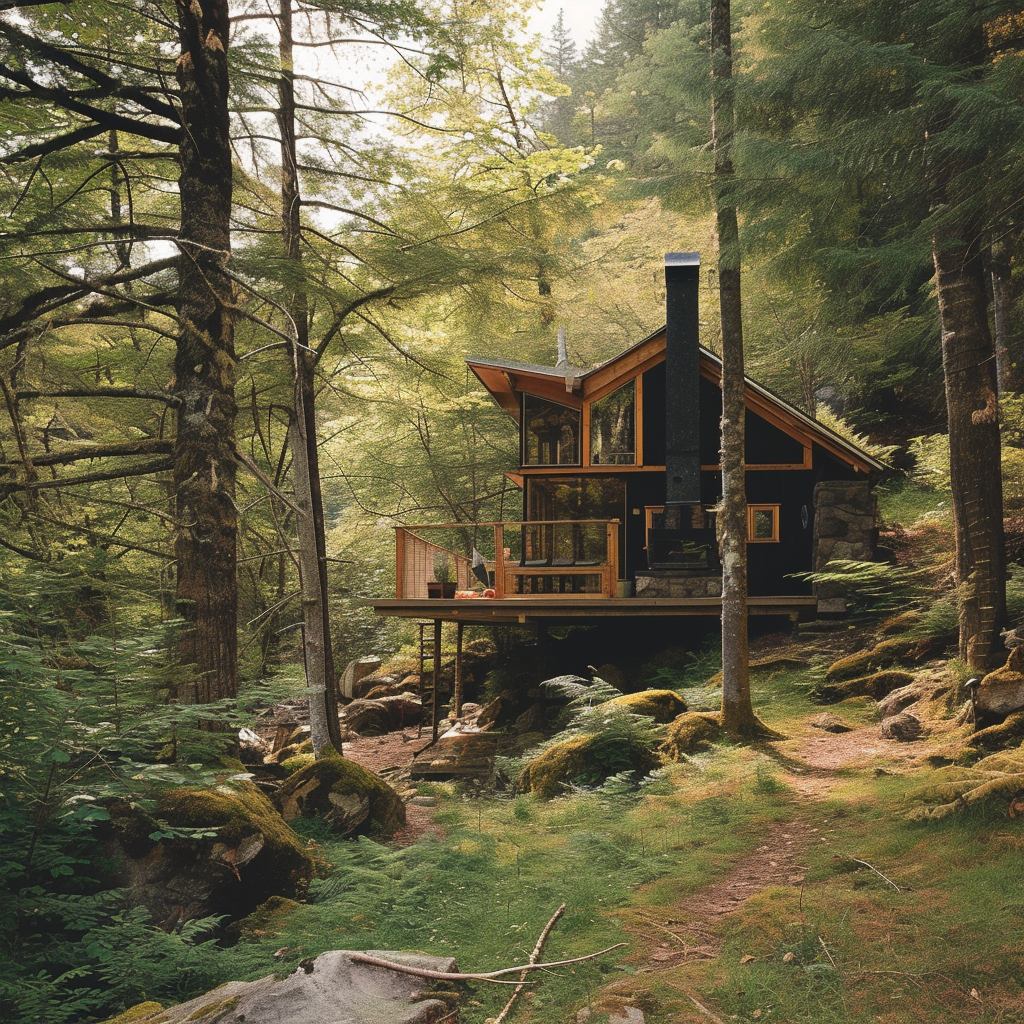
Challenges and Potential Risks of Off-grid Properties
Limited Access to Modern Amenities
Living off-grid often means limited access to modern amenities such as high-speed internet, shopping malls, or entertainment facilities. Be prepared for a simpler lifestyle and prioritize self-sufficiency in meeting your daily needs.
Reliance on Weather and Environmental Conditions
Off-grid properties are heavily influenced by weather and environmental conditions. Depending on renewable energy sources and natural resources means that energy production and water availability can fluctuate. Plan accordingly and be prepared for potential constraints during extreme weather events.
Technical Complexities
Off-grid living involves managing and troubleshooting various technical systems. Understanding the intricacies of renewable energy systems, water systems, and waste management can be challenging for those unfamiliar with these technologies. Be prepared to invest time and effort into learning and maintaining these systems.
Higher Upfront Costs
Compared to traditional grid-connected properties, off-grid properties may have higher upfront costs due to the installation and setup of renewable energy systems, water systems, and waste management systems. Consider these costs when budgeting and ensure they align with your financial capabilities.
Social Isolation
Living in an off-grid property can potentially lead to social isolation, especially if the property is located in a remote area. Consider the impact of limited social interaction and assess your comfort level with solitude before committing to off-grid living.
Conclusion
Growing Interest in Off-grid Living
The interest in off-grid living continues to grow as more individuals seek sustainable and self-sufficient lifestyles. Renting or leasing an off-grid property offers numerous advantages, from cost savings to environmental benefits and a unique lifestyle experience.
Variety of Options Available
There is a wide variety of off-grid rental or lease options available, catering to different preferences and needs. Whether you prefer a remote cabin nestled in the mountains or an eco-friendly community near urban areas, the options are diverse and offer a chance to find the perfect off-grid property for your lifestyle.
Unique Experience for Individuals and Families
Renting or leasing an off-grid property provides a unique experience for individuals and families alike. The opportunity to disconnect from the grid, live sustainably, and immerse oneself in nature can be deeply fulfilling and rewarding. Embracing the challenges and benefits of off-grid living can lead to a more conscious and harmonious relationship with the environment.
Resources for Finding Off-grid Rental or Lease Properties
Sustainable Living Websites and Forums
Websites and forums focusing on sustainable living often have dedicated sections for off-grid properties. Explore these resources to find listings and connections with individuals involved in off-grid living.
Real Estate Listings with Off-grid Filters
Utilize online real estate listings that offer filters for off-grid properties. These filters allow you to refine your search and find properties that align with your off-grid living goals.
Off-grid Property Developers and Agents
Reach out to property developers and real estate agents who specialize in off-grid properties. They can provide assistance in finding suitable rental or lease options and guide you through the process.
Alternative Energy Associations and Networks
Alternative energy associations and networks often have resources dedicated to off-grid living. Get involved in these communities to gain access to exclusive property listings and connect with individuals who share the same interests.
Social Media Off-grid Community Groups
Join social media groups focused on off-grid living to engage with a large community of like-minded individuals. These groups can serve as platforms for sharing and finding off-grid rental or lease properties through personal connections and recommendations.

